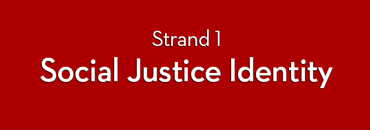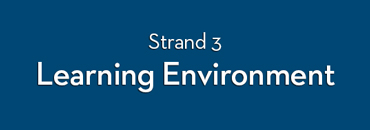Program Outline
Program Schedule
The MIT program is full-time, with classes scheduled Monday-Friday. With a few exceptions, classes are scheduled from 9:00am - 3:00pm. During the time students are in the field, schedules will vary based on the schedules of the K-12 school sites.
Classes begin prior to the University schedule, in mid-August, to align with the calendar of local School Districts.
| Phase | Quarter | Elementary Credits | Secondary Credits |
|---|---|---|---|
| Social Justice Foundations & Methods of Teaching | Fall | 26 | 28 |
| Methods of Teaching | Winter | 16 | 14 |
| Internship & Critical Reflection | Spring | 18 | 18 |
| Hired | Fall of following year | ||
Teaching for Equity Project
The Teaching for Equity Project serves as a capstone portfolio assessment, meticulously crafted for aspiring educators to demonstrate their preparedness in championing social justice within the teaching profession. As the pinnacle of the MIT program, teacher candidates tell the story of their journey into teaching to an audience of family, friends, faculty and community.
Field-Based Learning Overview
Approximately 50% of the MIT program is field-based learning. Field experiences in the program are designed to mirror the K-12 teaching experience. As students progress through the program, their field weeks will provide opportunities to become oriented to the current context of schools, make connections between theory and practice, develop relationships with students and school community members, and practice planning and facilitating student-centered instruction. Students begin and complete the program with a single internship placement where they will work closely with a strong mentor teacher to provide ongoing support and guidance, allowing for a rich and cohesive field-based learning experience.
Upon accepting the offer of admission to the MIT program, students will share their internship preferences with the program and the Field-based Education Team will work closely with our K-12 school partners in the Seattle region to identify an internship mentor teacher. While internship preferences are considered during the placement process, internship placements are ultimately determined based on the needs and availability of the schools and mentor teachers in our partners districts. Students can expect their internship placement to be in a district within a 30-mile radius of Seattle and commute anywhere between 30-60 minutes, regardless of their transportation mode.
- Fall Quarter
- September and October: One full field week each month
- November and December:
- One regular field day each week
- One full field week each month
- Winter Quarter
- One regular field day each week
- One full field week each month
- Spring Quarter
- Full-time internship (beginning mid-March for 13 weeks)
- Gradual release to take over full responsibilities during internship
Get in Touch
If you have any questions about the program or application, we’re here to help!
Ashley Miller
Senior Admissions Counselor
/25x0:1121x1401/prod01/channel_34/media/seattle-university/college-of-education/faculty-and-staff/images/Miller,-Ashley-(1).jpg)
/0x98:7952x5207/prod01/channel_34/media/seattle-university/college-of-education/programs/mit/images/COE_MIT_EquityShowCase_as_002.jpg)
/0x98:7952x5207/prod01/channel_34/media/seattle-university/college-of-education/programs/mit/images/COE_MIT_EquityShowCase_as_059.jpg)
/0x98:7952x5207/prod01/channel_34/media/seattle-university/college-of-education/programs/mit/images/COE_MIT_EquityShowCase_as_069.jpg)
/0x98:7952x5207/prod01/channel_34/media/seattle-university/college-of-education/programs/mit/images/COE_MIT_EquityShowCase_as_003-(1).jpg)
/0x98:7952x5207/prod01/channel_34/media/seattle-university/college-of-education/programs/mit/images/COE_MIT_EquityShowCase_as_043.jpg)
/0x98:7952x5207/prod01/channel_34/media/seattle-university/college-of-education/programs/mit/images/COE_MIT_EquityShowCase_as_070.jpg)



